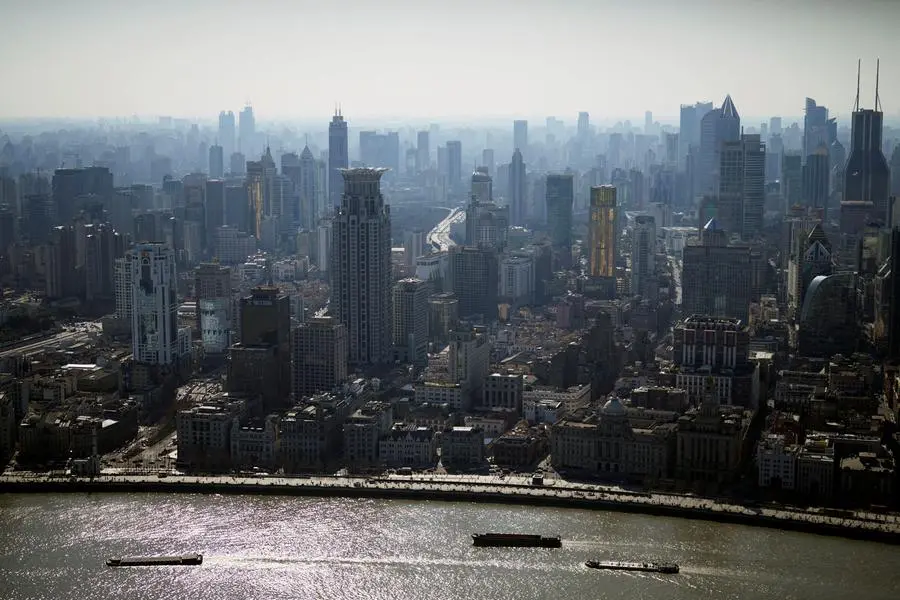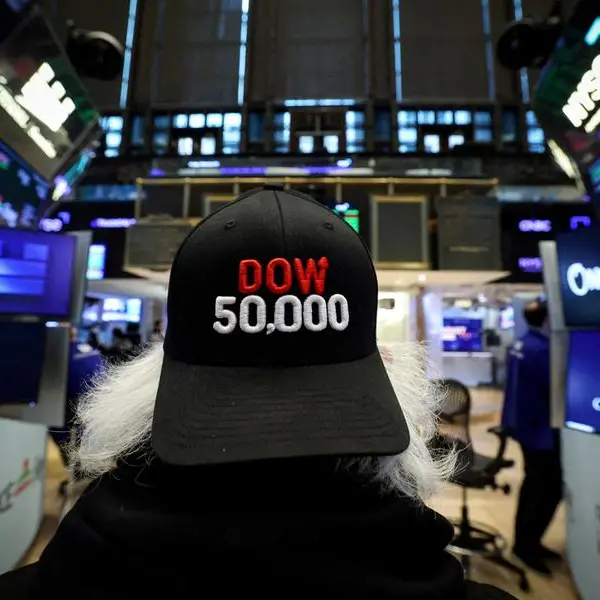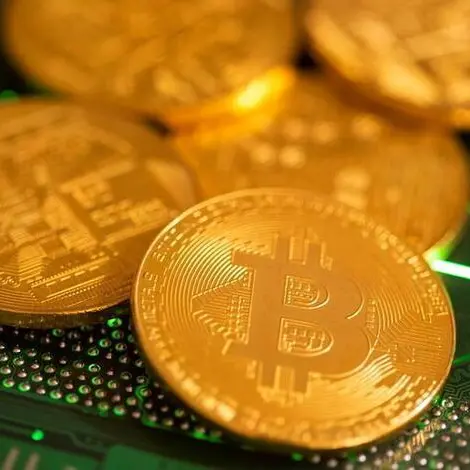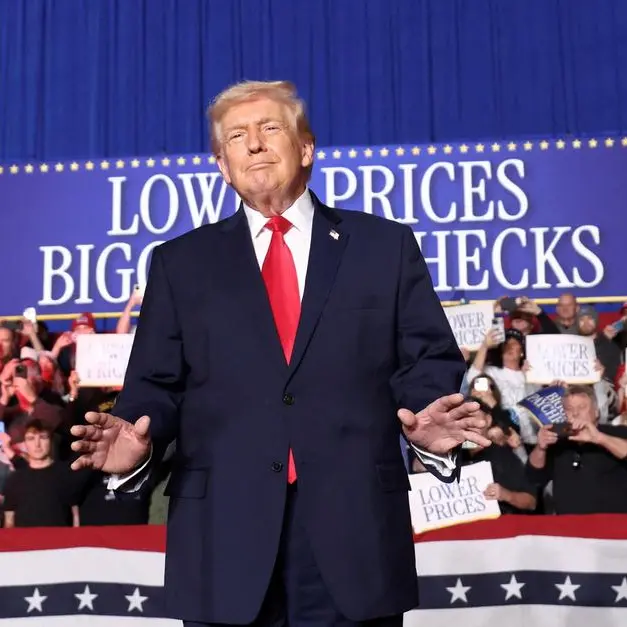PHOTO
BEIJING - Another round of bad Chinese economic figures is raising pressure on Beijing to loosen the fiscal spigot further and even dole out shopping vouchers to get growth back towards this year's target of roughly 5%.
After a dismal second quarter, the world's second-largest economy lost momentum further in July: new home prices fell at the fastest pace in nine years, industrial output slowed, export and investment growth dipped and unemployment rose.
Other data beat forecasts, but not for positive reasons. Rising inflation was attributed to bad weather rather than stronger domestic demand, a jump in imports reflected frontloaded chip purchases before expected U.S. technology curbs, and a pickup in retail sales was flattered by low comparisons in 2023.
In all, the data paints a worrying picture for policymakers, who look increasingly likely to ramp up stimulus unless they accept slower growth and the prospect of a downward spiral in consumer and business confidence.
"The current economic performance remains behind target, necessitating immediate and significant policy intervention," said Carlos Casanova, Asia senior economist at UBP. This might require the government to widen the budget deficit to 4% of gross domestic product (GDP) from the planned 3%, he said.
One policy adviser, speaking on condition of anonymity, said Beijing may decide in October to bring forward part of next year's bond issuance quota if growth did not show signs of bottoming out in the summer.
"Otherwise, the economy will look ugly, and 5% would be out of the question," the adviser said, without detailing where that stimulus would go.
China made similar moves last October, when it raised the deficit to 3.8% of GDP from 3.0% and separately frontloaded part of the 2024 local government debt quotas to invest in flood-prevention and other infrastructure.
What might change from last year is how the extra money would be spent.
The usual playbook of infrastructure spending is bringing dwindling returns after decades of investment in bridges, roads and rail. Meanwhile, China's preferred driver of growth, advanced manufacturing, is fanning trade tensions and concerns over industrial overcapacity and factory gate deflation.
"The Chinese economy, given its size, cannot run on manufacturing and exports alone," Societe Generale analysts wrote in a note on the latest data.
"To hit the 5% growth target - if that's still the target - policymakers need to step up support for domestic demand."
VOUCHER TALK RESURFACES
As consumers tighten their wallets, Chinese e-commerce giants have had to resort to heavy discounting and promotions to attract shoppers, squeezing margins across the retail sector.
Alibaba Group Holding missed market expectations for revenue on Thursday, as the company's domestic e-commerce sales came under pressure from cautious spending.
A top-level policy meeting in July pledged an incremental tilt towards consumer stimulus, in what analysts saw as an official admission the previous toolkit wasn't working as intended.
An article in state media this week revived an idea implemented in the United States and elsewhere during the pandemic but resisted in Beijing.
China Daily, citing three economists from government-backed think tanks, said the government "should consider additional direct support to consumers worth at least 1 trillion yuan ($139 billion) — either cash or vouchers."
That sum is equivalent to 0.8% of last year's GDP.
Such a step "would necessitate expanding this year's deficit ratio or approving additional special treasury bonds," the article said. Li Daokui, director of Tsinghua University's Academic Center for Chinese Economic Practice and Thinking, was quoted as saying "it was advisable" that the consumption coupons be issued during the week-long National Day break in October.
Most economists are sceptical that Beijing will implement such a move, given past resistance. During the pandemic officials preferred to support businesses and left consumers to fend for themselves.
Xing Zhaopeng, senior China strategist at ANZ, said the impact of such vouchers would be a one-off and that consumption would only pick up sustainably when the crisis-hit property market and stocks start recovering.
He estimated households' property wealth has fallen by 20%-30% from a 600 trillion yuan peak - a drop roughly equivalent to China's annual economic output.
"People will spend during the month they get the vouchers," Xing said. "Only property and stock prices will put consumption in perpetual motion."
(Writing by Marius Zaharia; Editing by Sam Holmes)





















